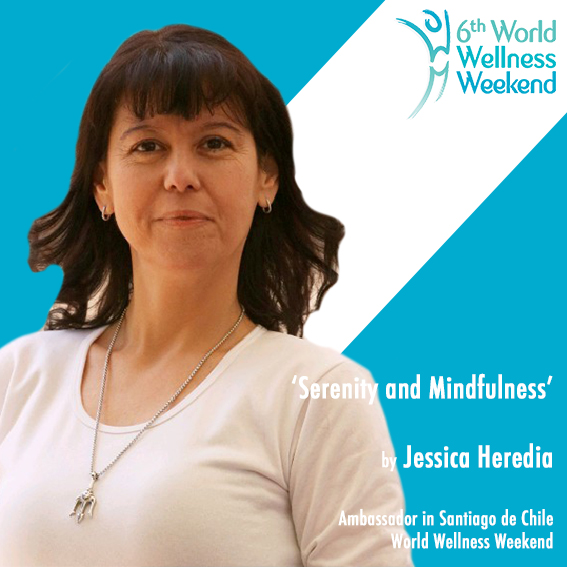The Royal Spanish Academy (RAE) defines serenity as a serene quality. “It is the courage to remain calm in the midst of difficulty.” If we relate serenity as a factor that positively impacts mental and emotional well-being, we could understand it as a peaceful and calm psychological state, which provides the ability to remain calm in stressful situations.
Beyond the different studies and research related to the definition and the different techniques to achieve serenity (which certainly help us to understand this state more thoroughly), it is important to keep in mind that cultivating our serenity is essential for optimal health. It must be assumed as a state of personal growth that helps us achieve different degrees of protection and inner well-being, as well as allowing us to identify the negative emotions that can cloud our actions and decisions, among many other benefits.
Developing techniques to be more serene and aware is a tool that gives us greater control of ourselves and, therefore, allows us to understand and accept more fluidly situations that we cannot change, generating the habit of searching for new and better options that direct us to channeling the balance of mind and body, letting go of the past, without worrying about the future and living much more in the present. The state of serenity is not a passive attitude as many think; it is an active state and in permanent development in the face of all daily challenges. That is to say, serenity always keeps us alert but in control and invites us to encounter ourselves with a deep sense of connection with our environment.
In recent years, we hear the term “depression” more and more frequently, and little by little, it has become part of our common language, almost close, and part of our daily conversations. In our country, Chile, we say we are “bajoneados”(feeling down), referring to being emotionally impacted for different reasons: due to the loss of a family member, some disagreement or argument, some complicated situation of the day, job loss, love disappointment, etc. But in technical terms, depression is a specific mental state disorder, and some of its symptoms are low mood, irritability, sadness, low self-esteem, lack of motivation in general, anxiety, changes in sleep and appetite, feelings of guilt, among other more serious symptoms. In Chile, the 2016-2017 National Health Survey revealed that:
15.8% of the general population over 18 years of age reported having experienced depressive symptoms in the last year, that is to say, feelings of sadness and loss of interest or ability to enjoy.
6.2% of Chileans surveyed were diagnosed with depression (world average, around 5%).
Women: 10.1%; / Men: 2.1%.
Women suffer almost five times more than men from depression in Chile (the global proportion is no greater than two or three women for every man).
According to the latest data from the Organization for Economic Cooperation and Development (OECD) in 2021, the levels of depression and anxiety have doubled in some countries such as Belgium, France, Spain, the United Kingdom, and the United States as a result of COVID- 19 compared to previous years.
Beyond the differences, causes, and levels of depression in the different countries, this disease has already become a critical situation worldwide that affects more than 300 million people with a strong social impact that causes not only different levels of high disability but also generates a great burden on the individual and social level with high health expenses.
Faced with this situation that affects us globally and the increase of many chronic diseases, it is pertinent to reflect with increasing urgency on the importance of obtaining gradual progress in the state of our serenity and consciousness as a great tool that enhances the emotional and psychological well-being of society, obtaining more control and understanding of the origin of the different physical, emotional, spiritual or mental health conditions that may arise. The suggestion is, whenever possible, to receive support, information, or accompaniment from professionals in the area in this process. Being able to achieve a greater and better state of serenity will lead to the development of self-awareness, which is the foundation of the comprehensive care of every person.
